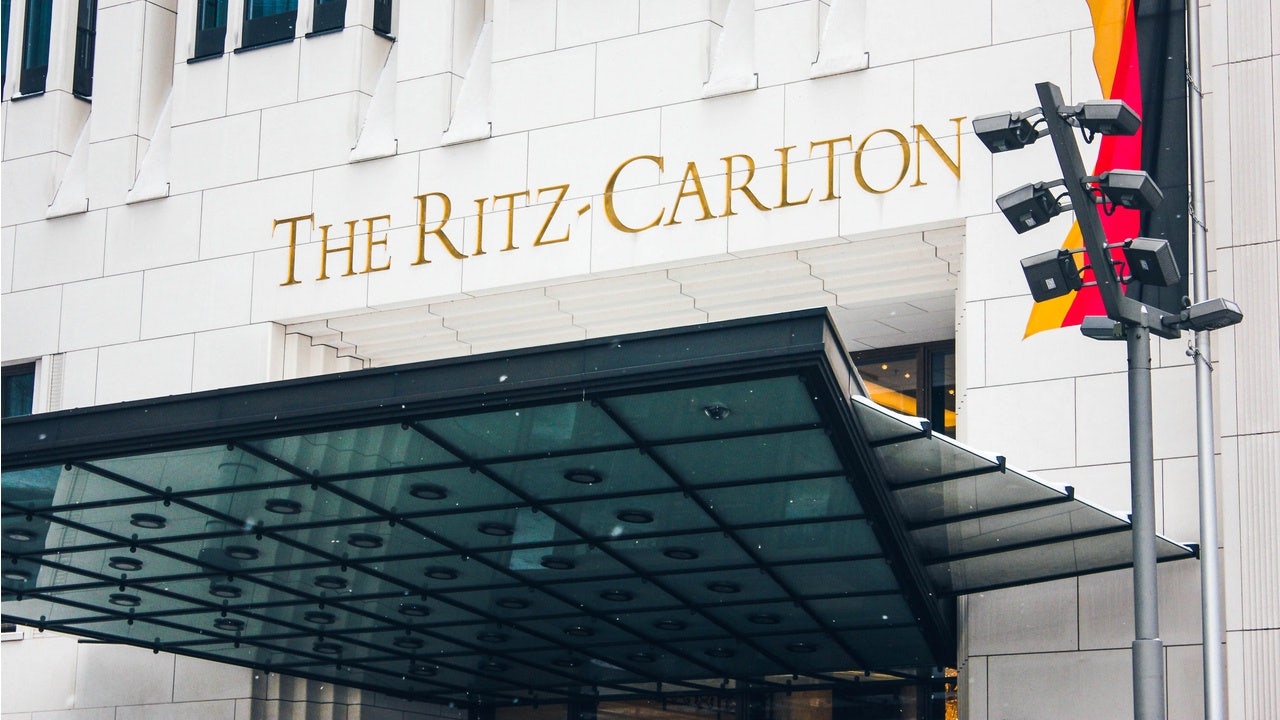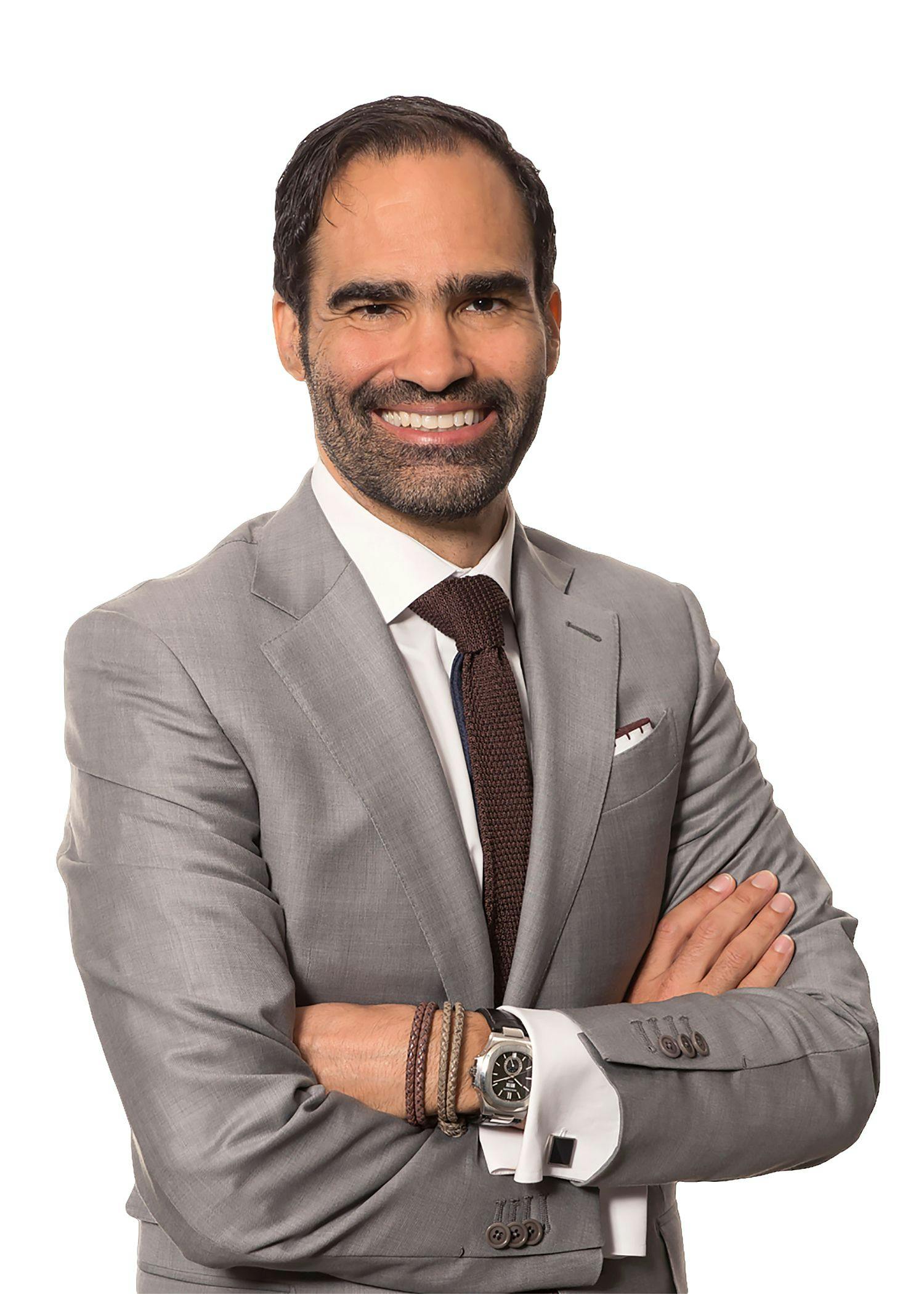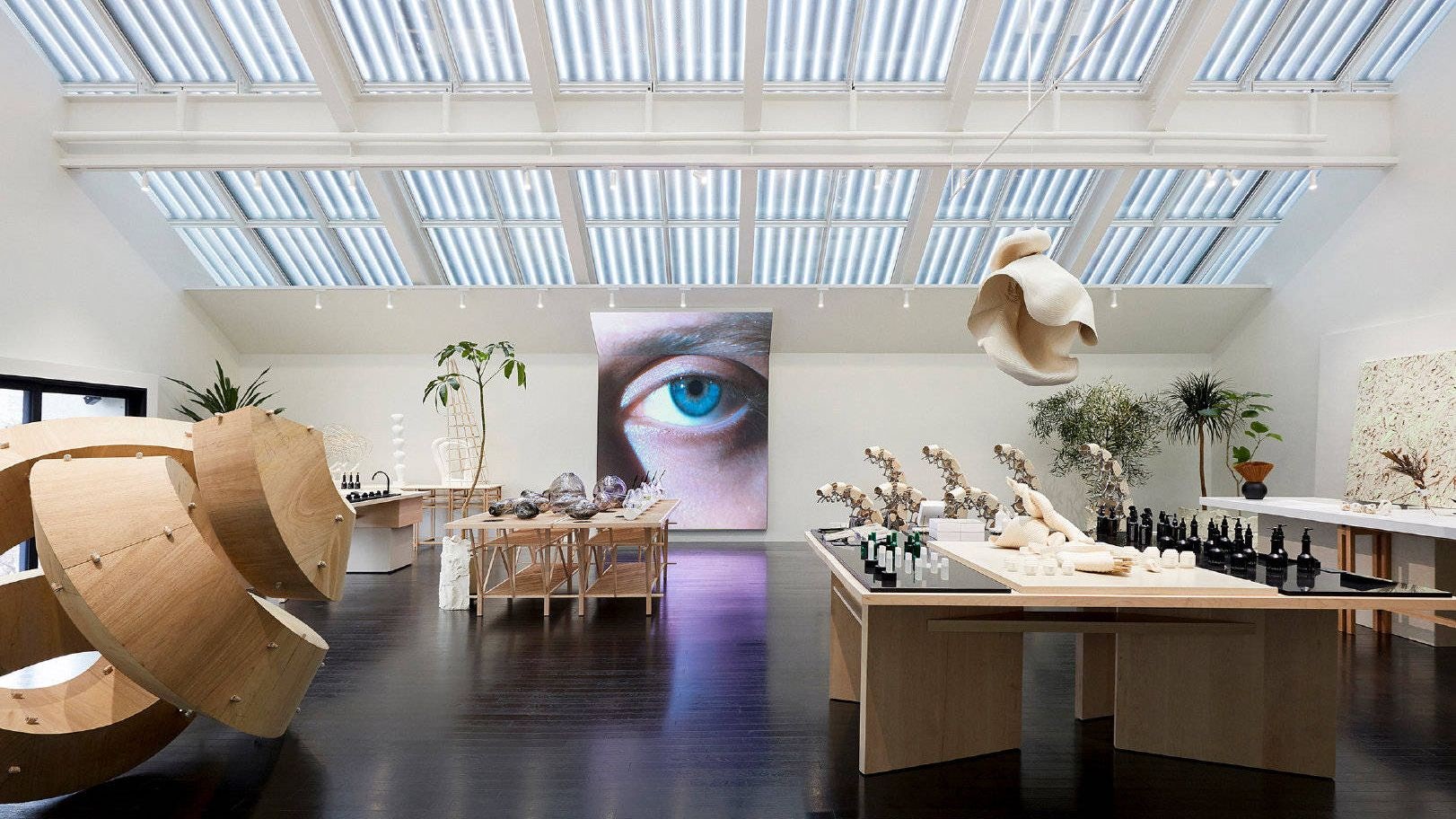Key Takeaways:#
Luxury brands should think about their experience strategies like a theatre play. The best luxury experiences are scripted and reflect a brand's storytelling in rational and emotional positioning dimensions.
Many hotels promise a “paradise-like” experience. But, in reality, many of those experiences resemble each other, and few hotels manage to create something that feels truly magical.
Most brands fall short of creating a target emotion, or frankly, any consistent emotion throughout the physical brand experience process. The target emotion has to be a reflection of the brand's positioning.
When I ask how a luxury experience should be, I often hear that it should provide a best-in-class experience. In fact, many luxury brand experience manuals use this term frequently and prominently. The problem with it is that trying to provide a best-in-class experience is far too abstract, and it can even dilute a brand’s message.
Think about it — if a brand hired you to run their customer experience strategy and told you that the service had to be best-in-class, would you know what to do? Sure, you can benchmark your competitors to find out what they do and try to do it better. However, if your brand's positioning is completely different from your competitor's (which, hopefully, it should be), then your service should feel different.
So simply trying to be better does not mean you are on-brand. And it risks doing the same thing as everybody else. Unfortunately, that is what happens most of the time, based on the brands I analyze. In many cases, Brand A feels very similar to B and C. The result is a generic “category experience” instead of a branded experience.
So why is that a problem? If brands create category experiences and not branded experiences, they become predictable and interchangeable. They will not create distinctive memories. Without memories, they don’t create value. And since luxury is extreme value creation, not being able to create significant distinct value means that a brand will not create desire, loyalty, and advocacy. A luxury experience should always be “on brand” and never an expression of what everyone else does.
Instead, luxury brands should think about their experience strategies like a theatre play. The best luxury experiences are scripted and reflect a brand's storytelling in rational and emotional positioning dimensions. As a result, real luxurious experiences feel different, unique, and proprietary to the brand. Most brands don’t spend enough time, resources, and effort on their scripted experiences. As a result, many experiences lack something special. They don’t inspire, are too generic, feel random, and depend very much on the employee. And, many times, they cannot be replicated. The result? Customer confusion.
Hospitality is a great example. While many hotels promise a “paradise-like” experience, in reality, many of those experiences resemble each other, and few hotels manage to create something that feels truly magical.
Just think about the check-in experience, which is practically the same across most hotels. That means your first impression of Hotel A will be the same as at Hotel B, resulting in an interchangeable category experience instead of a branded experience. And when hotels have multiple locations, they rarely produce the same brand experiences, which dramatically weakens brand equity.
Similarly, many luxury auto, fashion, or jewelry brand experiences in stores and showrooms are exchangeable and underwhelming. Their mistake is thinking in category codes and not through scripted, disruptive brand experiences. Therefore, in recent audits of retail brand experiences in all these categories, I found little difference between them.
For brands, a particular point of attention has to be emotion. I like to call it the “walk-away feeling.” This feeling, to me, is critical, and brands should strategize which particular feeling it wants customers to perceive throughout and after the experience. Every aspect of their experiences must lead to that target emotion. Most brands I analyze fall short of creating a target emotion, or frankly, any consistent emotion throughout the physical brand experience process. The target emotion has to be a reflection of the brand's positioning.
While this sounds like it should be a no-brainer, it is the exception in luxury, not the rule. Creating a scripted experience requires meticulous planning. Think of creating an experience similar to a theatre play. Nothing can happen randomly. Your staff, in reality, is the cast of your play. That means rigorous staff selection, training, and retention to create indispensable brand experiences. Yet, this is a weak spot for many brands.
We may forget places, but we never forget how someone makes us feel. The human touch, therefore, is a critical success factor. Providing a human experience by giving customers a memory they can only get from your brand. That is why luxury is not about a best-in-class experience but a truly human experience. An experience that is deeply rooted in the distinct value creation elements of a brand. If your brand does not produce that, you can’t create the extreme value that defines true luxury. Consider this a call to action.
Daniel Langer is CEO of the luxury, lifestyle and consumer brand strategy firm Équité, and the professor of luxury strategy and extreme value creation at Pepperdine University in Malibu, California. He consults some of the leading luxury brands in the world, is the author of several luxury management books, a global keynote speaker, and holds luxury masterclasses in Europe, the USA, and Asia. Follow @drlanger


